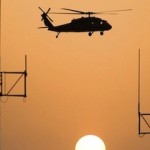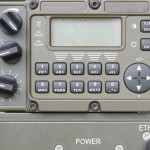Preamble . As briefly described.in our introductory Article N°1 (Issue #2-2015 of EE Magazine), ElectroMagnetic Compatibility is both a functional neccessity – equipments must operate in their intended environment without being disturbed nor causing disturbances to other devices- and a society requirement: interfering with radio/TV broadcast, radio-communications and other RF services is illegal and punishable by laws. Since consumers cannot be easily prosecuted as guilty for using an equipment that is causing interference, the most efficient way of controlling this EMC situation is to apply stringent limits to manufacturers, such as the products they put on market will “never” (exceptional situations accounted) cause interference.









